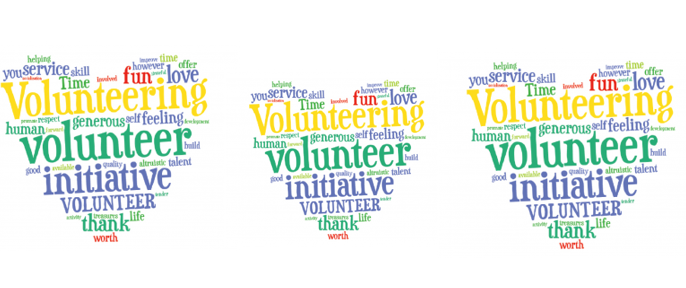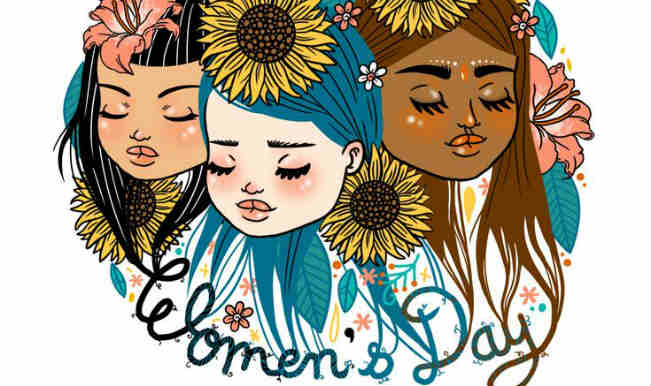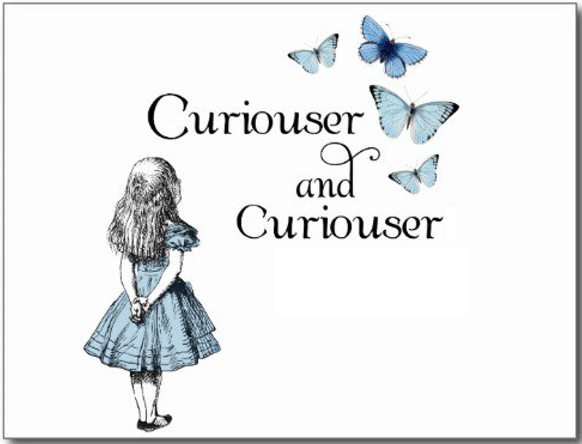Throughout the entirety of this research project, curiosity has remained the greatest catalyst for new research. My passionate curiosity for philanthropic participation in society acted as the stimulant for my survey questions, guided focus group discussions and led me to interesting, anticipated and unexpected results alike as my project drew to a close. Ann Gray defines research as ‘the exploration of some phenomenon in a systematic and rigorous way,’ (Ann Gray 2003), however I have found that the research process, while rigorous and systemic, relies largely on creative insight. I endeavoured to actively engage with concepts from the AULIVE method creativity instrument of: abstraction, connection, perspective, curiosity, boldness, paradox, complexity and persistence. My project lended itself to the notions of connection, paradox and perspective as I was forced to deal with conflicting data and make cohesive conclusions from this data. As a result, my project is largely geared towards influencing people’s perceptions of the Australian volunteer industry, with the aim of successively influencing their attitudes and behaviours towards volunteering as a practice. Curiosity, similarly to perspective, has acted as a catalyst for change. Not only as a stimulant for all stages of my research, but through the way in which other’s curiosity in my research will hopefully bring about personal and societal transformation.
The focus of my research project remained the role and or contribution of young Australian women within the Australian volunteer sector. My aim was to uncover what motivates and/or deters young women from participating in volunteer programs, thus providing some insight into the relationship between young people and volunteering, declines in Australian volunteer rates and other trends in the Australian volunteer sector. In hindsight, focusing on young women and volunteering was too broad a topic, thus delving into declines in volunteering and young Australians and their role in volunteering proved too broad to cover succinctly in the allotted timeframe. Nevertheless, taking such steps provided additional thought-provoking and poignant content to my research, which was of importance when considering findings in a broader context.
It was crucial to the planning of my project and during the carrying out of research that I remained accountable for my methodology and final project, the findings of which were to be presented to the public. To do so, I adhered to the guidelines of the MEAA Journalism Code of Ethics, principally acting in an ethical manner, striving for accuracy and fairness as I collected and presented data and through the disclosure of all essential facts as I have done so via my blog. I have respected autonomy where necessary, not disclosing personal information of survey and focus group participation, and crucially, I have not allowed my beliefs or passions towards my topic to influence in any the research process or what has been presented in my final project (media alliance code of ethics).
Remaining accountable for my research further meant acting with integrity in research, upholding ethical standards via acting with the principles of honesty, fairness, trust and responsibility. To maintain the integrity of my work and ensure respect of privacy of contributors to my research I took on an axiological approach to my methodology and research (Shawn Wilson 2008). Axiology is the process of framing our ontological understandings on the basis of your own and others’ morals and values. I have adopted this style of research as I have provided relevant information, when needed, concerning confidentiality and anonymity (Wilson 2008). This was done when conducting focus groups and an online survey. There was no longer a need to organise interviews, as a focus group proved to be appropriately informative and suitable to the design of my project, following the recommendations of Jane Stokes (task two).
Conclusively, I was extremely pleased with my final research report. I believe I revealed invaluable detail and insight into the role and unrecognised potential of not simply young Australian women and volunteering, trends within the Australian volunteer sector itself. Conducting this research project has developed my research and time management capabilities, but further honed my communication skills as I was required to conduct people-centred methodologies. All stages of the project proved vital to self-reflection and provided me the opportunity of working with with a variety of individuals, identify problems and use my judgment to find the best solution. Feel I acted in a highly organised, efficient and responsible fashion, with the ability to work independently and utilise course materials to produce a successful final research report.
Key report findings:
-
Lack of time is the main deterrent for participation in volunteering, followed by:
-
Lack of awareness of the scope of programs offered.
-
Minimal knowledge of the need for the volunteer industry.
-
The importance of the formal volunteering industry to Australia’s economic good is not recognised.
-
Lack of personal gain i.e. not paid, specifically applies to university students.
References
Research task two.
AULVIE n. d, Concepts from the AULIVE method creativity instrument. Sourced from: http://www.aulive.com/#testmycreativity
ABC n. d, Media Alliance Code of Ethics. Sourced from: http://www.abc.net.au/mediawatch/transcripts/0921_meaaethics.pdf
Bowels, K 2017, Wilson, S. Sourced from lecture notes: available from: https://moodle.uowplatform.edu.au/course/view.php?id=11034
Stokes, J 2013, How to do Media and Cultural Studies. Sage Publications, London, Thousand Oaks, New Delhi Sourced from: https://is.muni.cz/el/1421/podzim2012/FAV241/ebooksclub.org__How_to_do_Media_and_Cultural_Studies.pdf



 My research at a preliminary stage was to be on young women today and the role they play in improving the lives of those less fortunate. I acknowledged that this was an extremely broad topic that encountered too many research restrictions in terms of scope and availability. Therefore, following voluntary participation in the International Women’s Day Breakfast in Sydney, as part of the UN Women AU. Committee on the 9th March 2017, I chose to focus on the role of young women in volunteering and ‘what motivates, or deters, young women from participating in voluntary programs?’. I intend to do so through conducting primary research in the form of focus groups, surveys and one-on-one interviews with my female peers. I have not yet fully fleshed out my research modes, yet aim to reveal why volunteering it geared towards foreign exchanges and academic programs rather than philanthropic purposes. I hope to influence young women to take charge in a manner beneficiary for themselves while equally to fellow women in need of a voice.
My research at a preliminary stage was to be on young women today and the role they play in improving the lives of those less fortunate. I acknowledged that this was an extremely broad topic that encountered too many research restrictions in terms of scope and availability. Therefore, following voluntary participation in the International Women’s Day Breakfast in Sydney, as part of the UN Women AU. Committee on the 9th March 2017, I chose to focus on the role of young women in volunteering and ‘what motivates, or deters, young women from participating in voluntary programs?’. I intend to do so through conducting primary research in the form of focus groups, surveys and one-on-one interviews with my female peers. I have not yet fully fleshed out my research modes, yet aim to reveal why volunteering it geared towards foreign exchanges and academic programs rather than philanthropic purposes. I hope to influence young women to take charge in a manner beneficiary for themselves while equally to fellow women in need of a voice. 